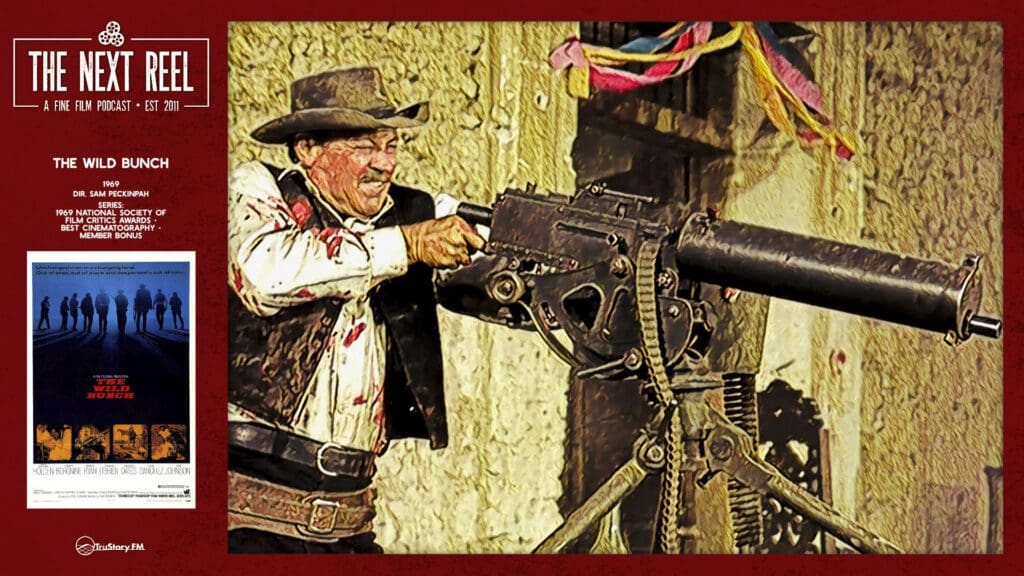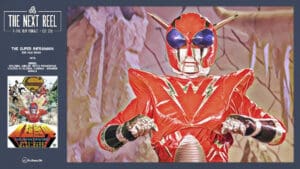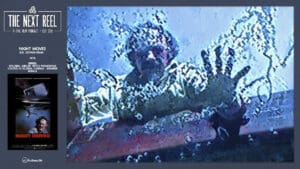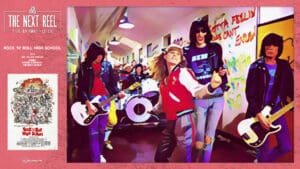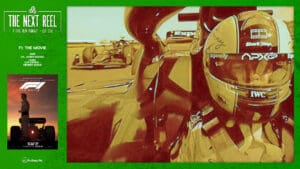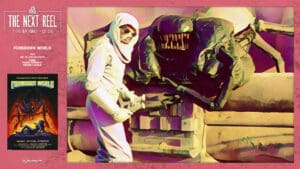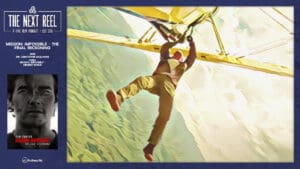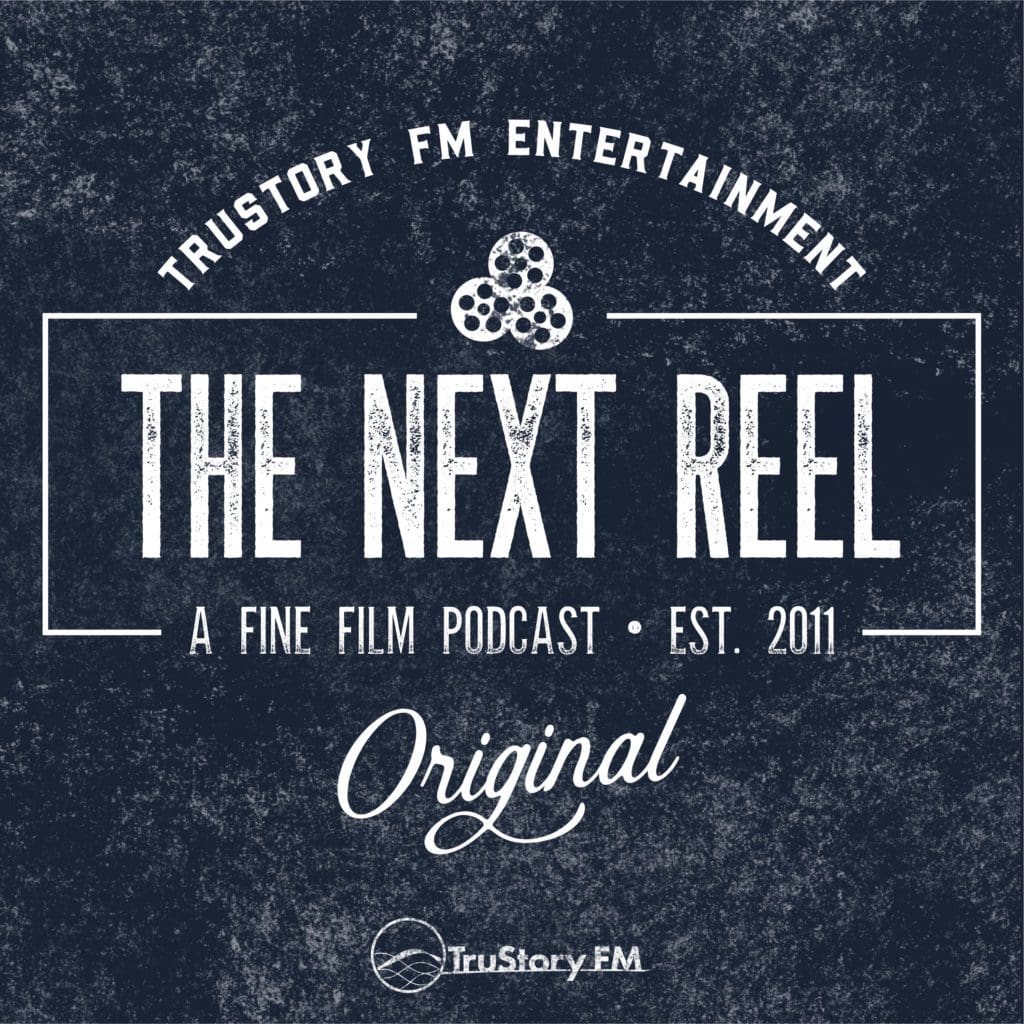The late 1960s marked a transitional period in Hollywood, as the production code that had governed film content for decades was being relaxed. Directors were able to explore darker themes, more explicit violence, and flawed characters. Sam Peckinpah was at the forefront of this new wave of filmmaking with movies like The Wild Bunch. After working in television in the early 1960s, Peckinpah broke through with his 1962 western Ride the High Country. His follow-up, Major Dundee (1965), was plagued by budget overruns and clashes with star Charlton Heston. Looking to regain his footing, Peckinpah set his sights on bringing a revisionist take to the western genre. He assembled an eclectic cast, including veterans like William Holden and Ernest Borgnine as well as newcomers like Warren Oates. To achieve the gritty, visceral feel he wanted, Peckinpah employed multiple cameras and variable speed film to accentuate the violent action scenes. The locations in Mexico added an authenticity as well. Released the same year as Butch Cassidy and the Sundance Kid, The Wild Bunch stunned audiences with its propulsive action and moral ambiguity. Though controversial for its level of violence, the film is now considered one of the great westerns. Join us – Pete Wright and Andy Nelson – as we wrap up the member bonus series about the 1969 National Society of Film Critics Awards Best Cinematography Nominees with a conversation about Peckinpah’s The Wild Bunch.
Here’s a hint at what we talk about:
We discuss the groundbreaking cinematography and editing used to portray graphic violence in a new way. The complex characters and moral ambiguity are also key topics, as we analyze who could be considered the hero and whether there are any true heroes. Though a product of its time, we examine how some elements have aged poorly, like the treatment of children and minorities.
Here are a few other points in our discussion:
- The metaphorical opening scene with the scorpions and ants
- Great ensemble cast led by William Holden, Robert Ryan, and Ernest Borgnine
- How the Mexican revolution factors into the plot
- The seminal influence on action films that followed
- Jerry Fielding’s memorable musical score
With its raw, kinetic action and vivid characters, The Wild Bunch still packs a punch more than 50 years later. We have a great time talking about it, so check it out then tune in. The Next Reel – when the movie ends, our conversation begins!
Film Sundries
- Watch this on Apple or Amazon, or find other places at JustWatch
- Script
- Theatrical trailer
- Letterboxd
This is a member bonus episode. We’d love it if you became a member to support our show, but you’d love it because of everything you get. We have monthly member bonus episodes that only members can access. You also get other monthly member bonus episodes, access to members-only Discord channels, and early releases for every episode. Plus, no ads! And you get to vote on the movies we discuss in our members only episodes! What can we say? It pays to be a member. Learn more about supporting The Next Reel Film Podcast through your own membership — visit TruStory FM.







